
Privacy statement: Your privacy is very important to Us. Our company promises not to disclose your personal information to any external company with out your explicit permission.
In CNC machining, surface finish impacts functionality and performance beyond aesthetics. Our comprehensive guide delves into the nuances of CNC surface finishes, offering insights on various processes, comparing finishes, and aiding in selecting the best finish for diverse applications. Whether prioritizing performance or aesthetics, mastering surface finishes is crucial for successful CNC projects.
Surface finish pertains to the texture and smoothness of the outer surface of a machined part. It influences not just the appearance but also the mechanical properties and overall performance of the component.
Meticulous management of surface finish empowers manufacturers to improve vital aspects like corrosion resistance, friction reduction, sealing efficiency, and alignment with specific application demands.
While surface finish and surface finishing may seem similar, they are distinct concepts in CNC machining.
Surface finish denotes the inherent texture and quality of a part's surface post-machining. It is typically measured using metrics like roughness average (Ra) and indicates the smoothness or roughness of the surface.
In contrast, surface finishing involves additional processes applied to the machined part to further modify or enhance its surface properties. These techniques, such as anodizing, powder coating, and bead blasting, aim to bolster attributes like corrosion resistance, appearance, and functionality.
Before applying surface finishes, it's crucial to take specific preparatory measures to ensure machined parts are ready for the finishing process.
An essential step in this preparation involves masking holes and surfaces to protect certain areas from upcoming finishing treatments. This careful masking helps maintain the original precision and functionality of these specific sections, preventing unintended alterations during finishing.
Furthermore, pre-surface finish processes include thorough cleaning to remove any residual materials from machining operations. This meticulous cleaning ensures the surface is free of contaminants, facilitating superior adhesion of finishing materials and reducing the risk of potential defects.
Another vital aspect of pre-surface finishing is smoothing edges to eliminate sharpness or burrs. This not only enhances the part's aesthetic appeal but also improves its safety and usability.
Surface roughness levels are critical factors affecting both the functionality and aesthetics of CNC machined parts. Here's a breakdown of common roughness levels:
1. 0.4 μm Ra: This ultra-smooth finish is essential for high-precision parts requiring minimal friction and maximum durability. Achieving this level involves intensive machining and meticulous quality control efforts, leading to higher production costs.
2. 0.8 μm Ra: Ideal for parts needing a balance between cost-efficiency and performance, this smoothness level is preferred for applications in consumer electronics and automotive components. While offering satisfactory performance, it moderately increases production costs compared to rougher finishes.
3. 1.6 μm Ra: Commonly used for general machinery components, this roughness level balances surface quality and manufacturing cost. It provides adequate performance for various industrial applications while maintaining reasonable production costs.
4. 3.2 μm Ra: Suited for less critical applications where surface smoothness is not the primary concern, this level helps keep production costs lower while meeting the performance requirements of many industrial components.
Surface roughness, quantified by "Ra" (Roughness Average), serves as a quantitative measure of the surface texture or smoothness of machined parts. It significantly affects how a part interacts with its environment or other components.
The surface finish methods employed in CNC machining encompass three primary categories:
1. Mechanical Finishing Methods
2. Chemical Finishing Methods
3. Thermal Finishing Methods
Now, let's delve into each of these technologies, beginning with mechanical finishing methods.
Metal finishing techniques are pivotal in achieving the desired surface qualities in CNC machining, employing physical interactions to refine the exterior of machined parts.
1. Milling and Turning: Foundational methods for shaping parts and determining final surface texture. Milling excels with complex shapes, while turning is optimal for cylindrical components.
2. Grinding: Utilizes abrasive wheels to attain smooth surfaces or precise geometrical shapes, crucial for parts with tight tolerances in aerospace and tool manufacturing.
3. Sanding: Smoothes surfaces and eliminates minor imperfections using abrasive materials. Widely used in automotive and furniture industries for surface preparation.
October 29, 2024
October 28, 2024
Email to this supplier
October 29, 2024
October 28, 2024

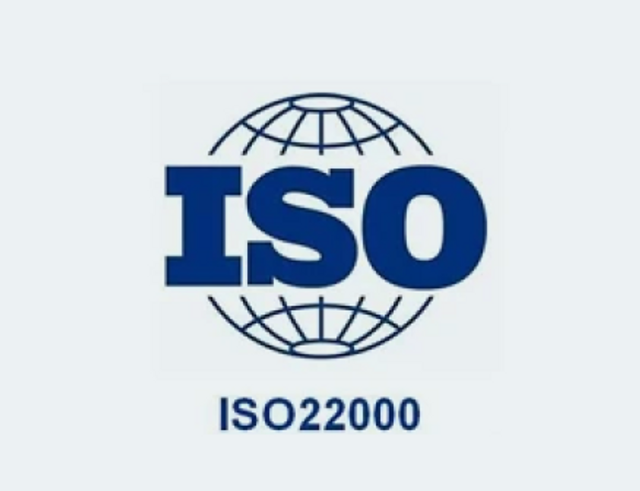
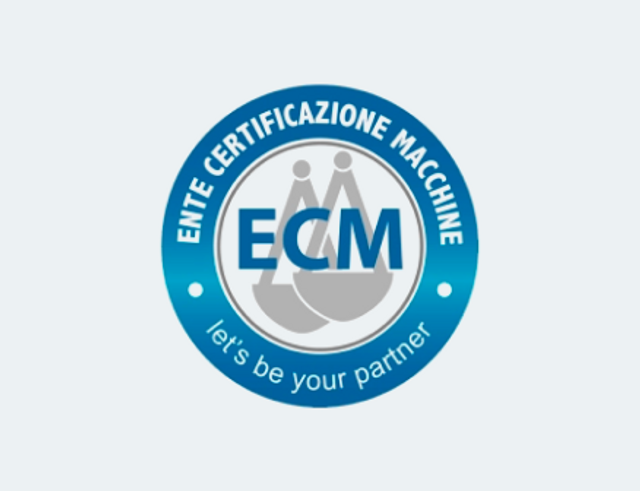
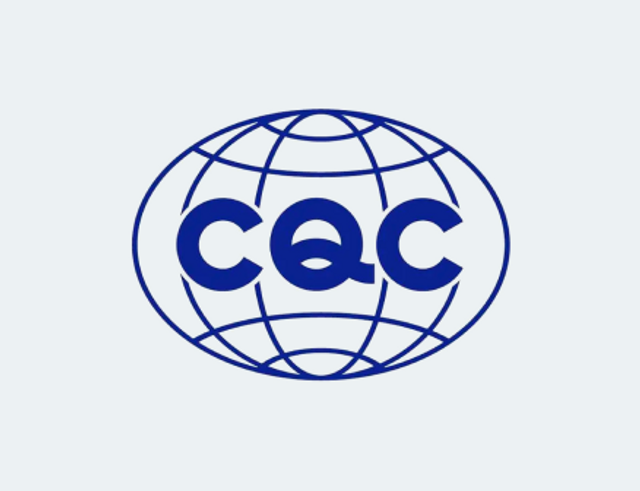
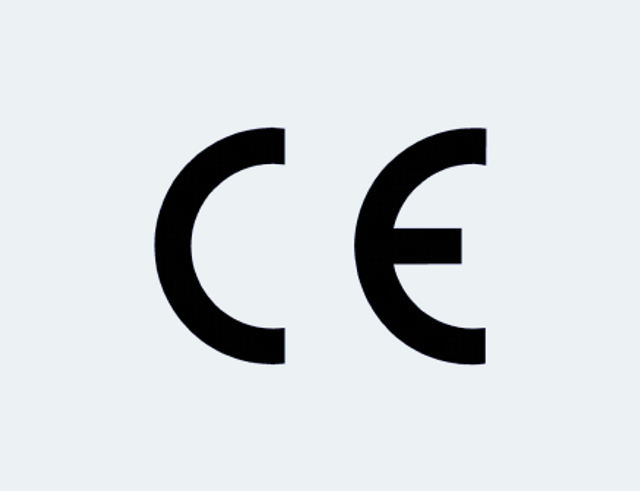
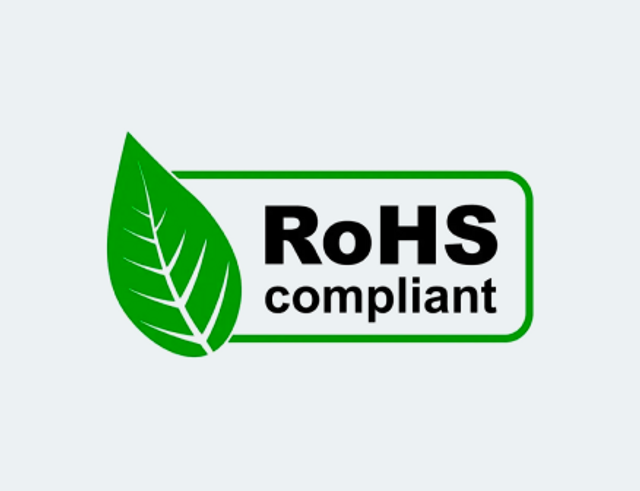
Explore our Extensive Range of Precision Metalworking Machine Tools. Discover the Power of Precision and Innovation in Metal and Material Processing with Weiss
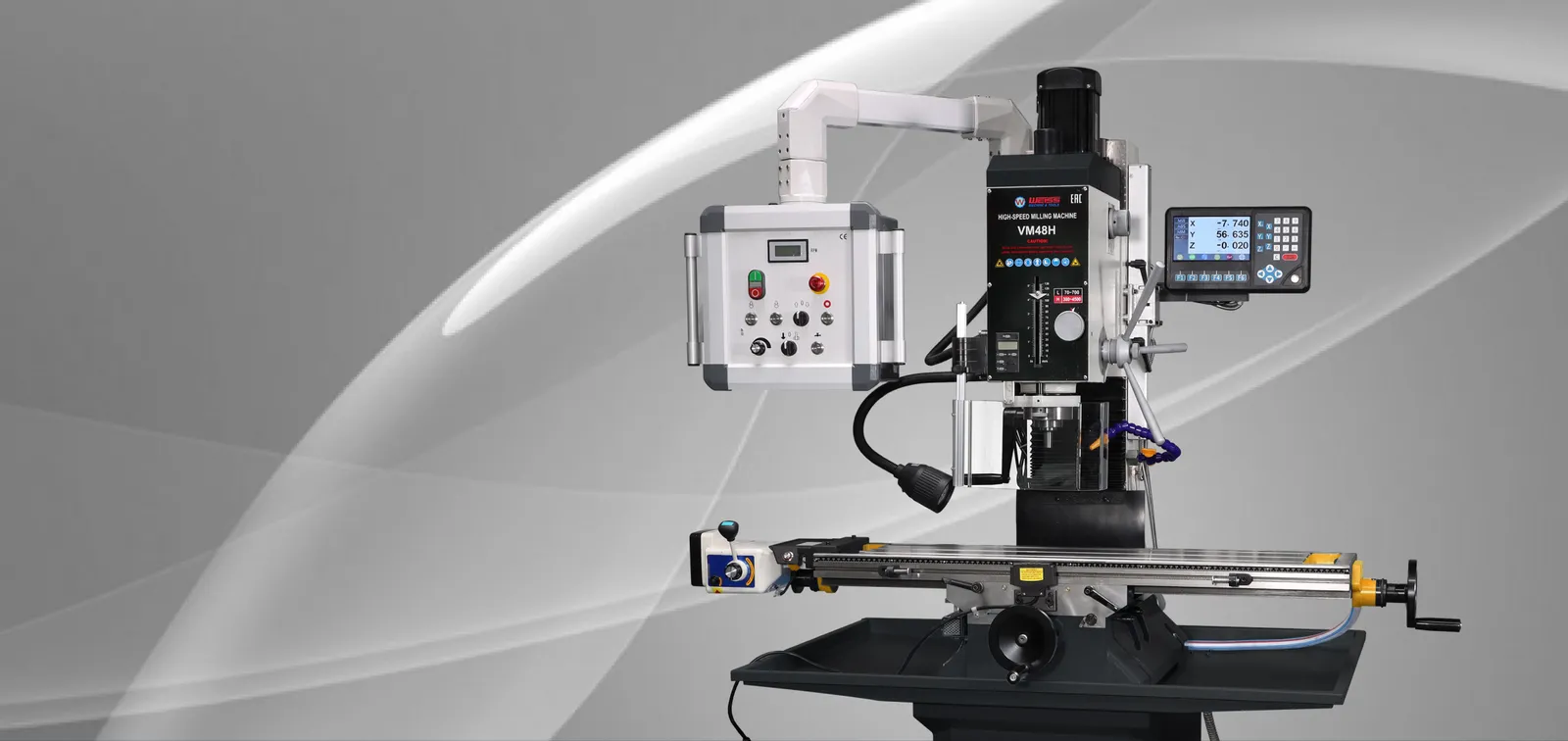
Heavy, stable and solid column,
made of high-quality gray cast iron, with ground and scraped dovetail guide,
for high stability and precision
View More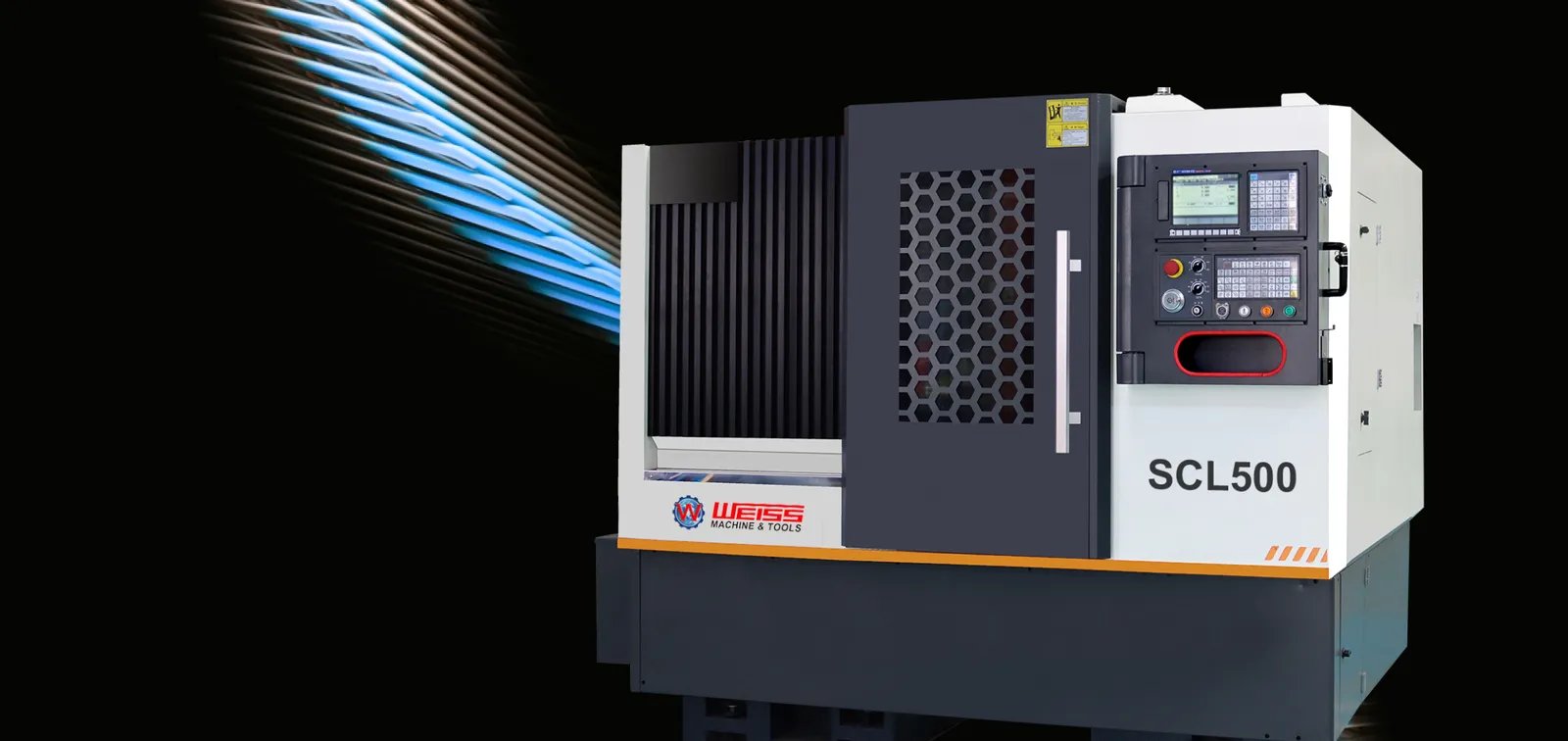
Slant bed and linear guide way CNC lathe.
High speed, High precision, High reliability
View More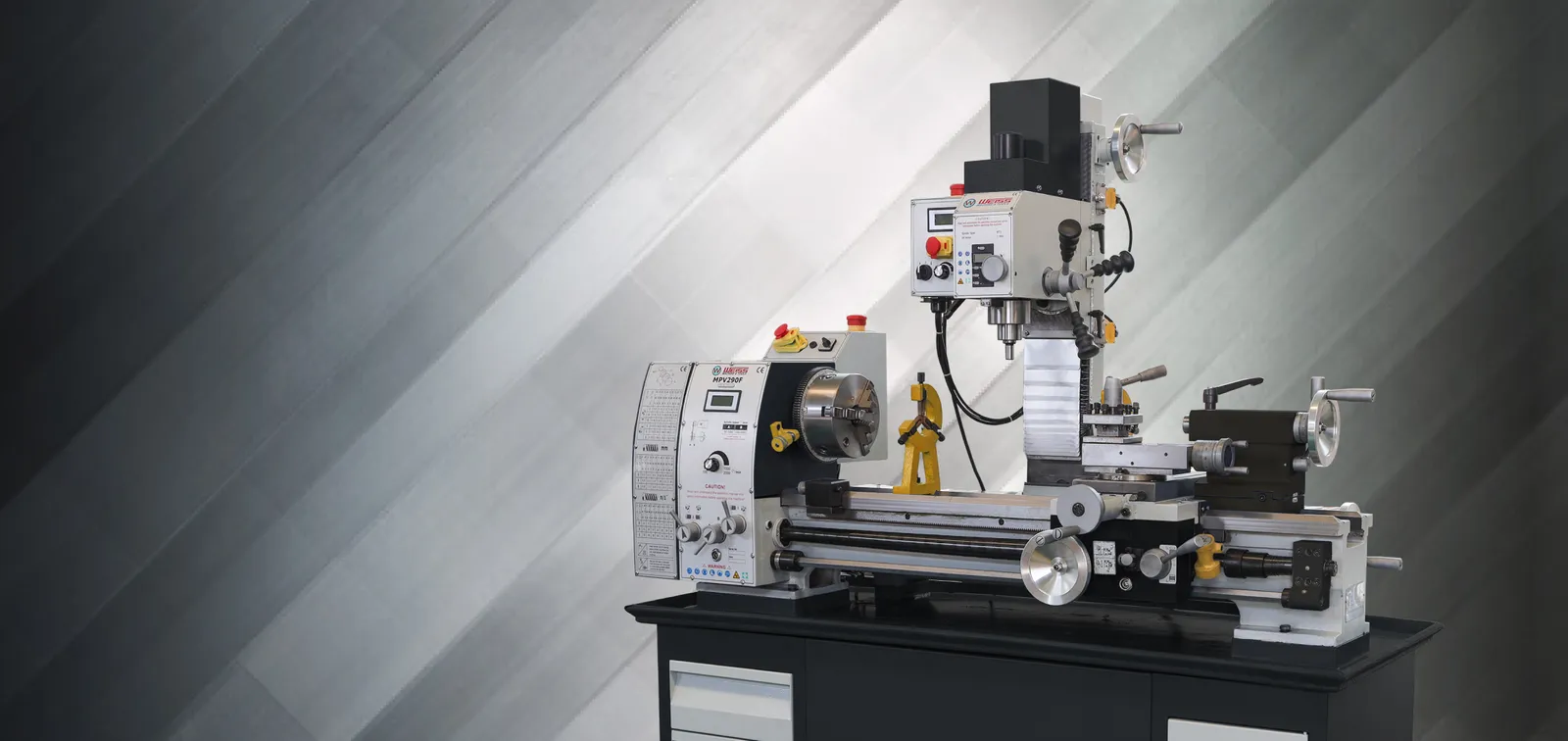
Prouduct quality and reliability Competitive pricing
Product innovatio and cariety
View MoreWEISS MACHINERY CO., LTD. to be your trusted partner for metalworking machine tools. We have a wide range of milling machines , tapping machines, and accessories that meet the highest standards of quality, performance, and reliability. Our machines have brushless motors that ensure low maintenance and high efficiency. We also offer online sales, international delivery, secure payment, professional advice, and 20 years of experience. Weiss, make it easy!
View MoreCompany Establishment
Countries&Regions with Product Sales
Factory Area
Product Varieties

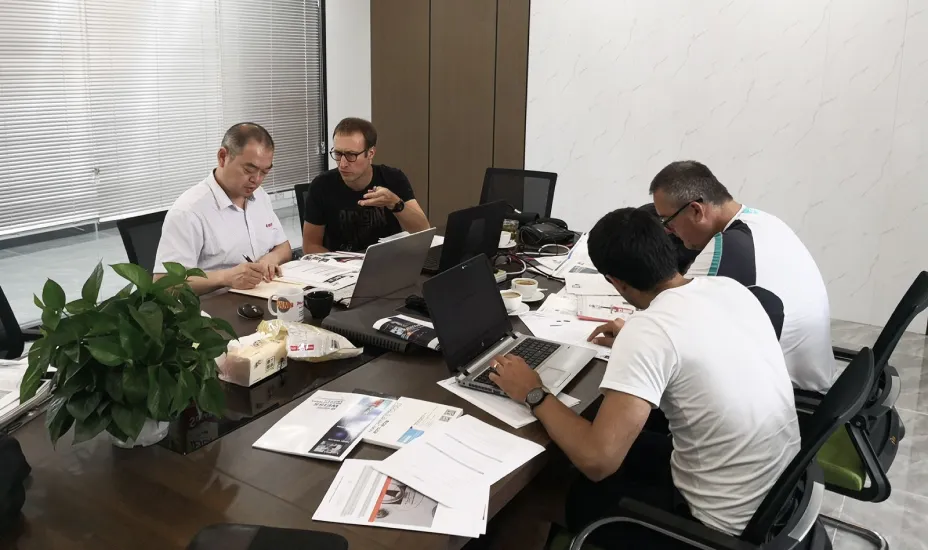
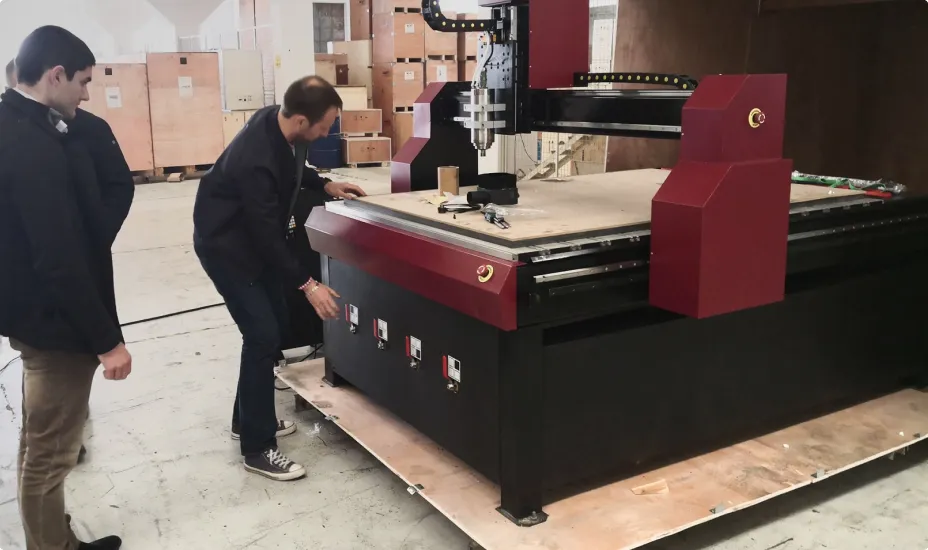
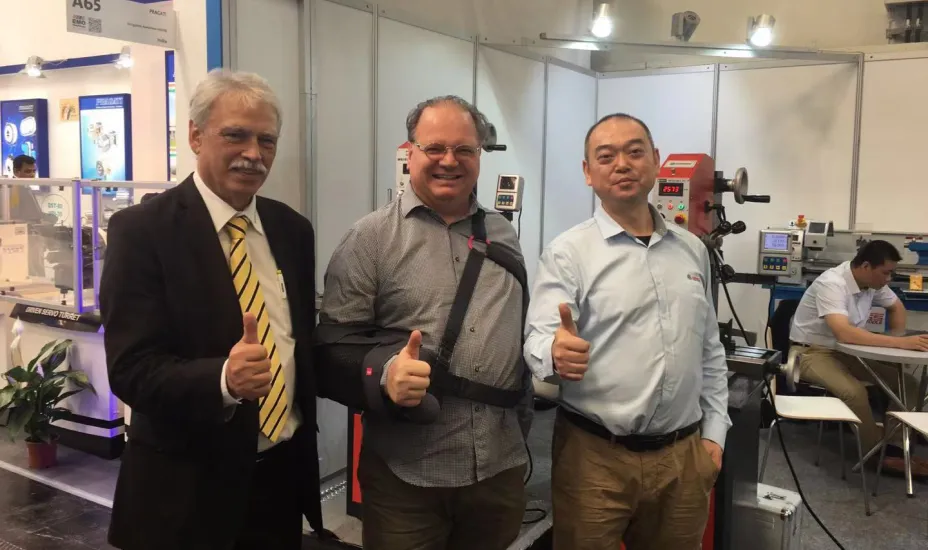
We have been extremely impressed with the quality and performance of the electronic milling machine we purchased from your company. It has greatly enhanced our production capabilities and consistently delivers exceptional results.
MA***N
Your Trusted Partner for Comprehensive Machine Tool Solutions.

Privacy statement: Your privacy is very important to Us. Our company promises not to disclose your personal information to any external company with out your explicit permission.

Fill in more information so that we can get in touch with you faster
Privacy statement: Your privacy is very important to Us. Our company promises not to disclose your personal information to any external company with out your explicit permission.